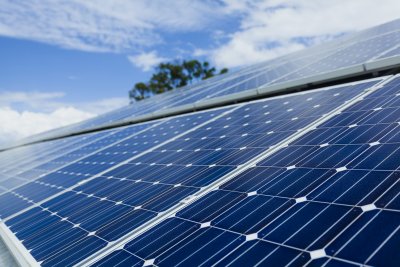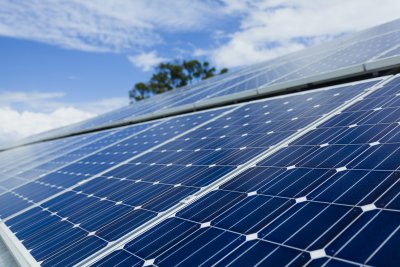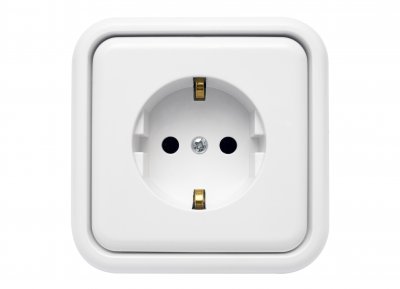From January 1, 2024, every newly installed heating system must be powered by at least 65% renewable energy. This mandatory switch to renewable energies will also be enshrined in law in a new Building Energy Act. In this context, the Federal Ministry for Economic Affairs and Climate Protection (BMWK) points out various funding opportunities. If private owners...
Energy efficiency
Forschungszentrum Jülich (FZ Jülich), Helmholtz-Zentrum Berlin and the Karlsruhe Institute of Technology are currently investigating how innovative printable solar panels can be used in the future. To this end, they recently launched the "Solar Technology Acceleration Platform for emerging Photovoltaics" (Solar TAP innovation platform). The aim is to work together with partners from the...
The Münch Foundation has now published a guide to "Energy efficiency in hospitals". In it, it has investigated where there is room for improvement with regard to the factors "light and lighting", "circulation and circulation pumps", "solar energy and photovoltaics", "room climate and cooling", "combined heat and power units", "heating and steam boilers", "building insulation" and "energy-saving...
Anyone with questions about the calculation tool for self-assessment by system operators in accordance with Section 29 of the Electricity Price Brake Act (StromPBG) can now seek advice from experts at the German Energy Agency (dena). The Federal Ministry for Economic Affairs and Climate Protection (BMWK) has commissioned the establishment of a corresponding hotline there. In April, plant operators subject to the levy will receive a letter from...
There is little difference between rented and owner-occupied apartments in terms of energy efficiency. This is the conclusion reached by the "RWI - Leibniz Institute for Economic Research". On average, the difference is only 1.8 percent in terms of energy consumption per square meter. According to the researchers, this corresponds to a difference of two kilowatt hours per...
The Center for Applied Energy Research (CAE) in Würzburg and other project participants are currently developing a system called "RENbuild" for the combined regenerative supply of buildings with fresh air, cooling and electricity. The RENbuild system consists of hybrid collectors, a high-performance heat/cold storage tank, a heat pump system and a building automation system. According to...
The energy advice service of the consumer advice center provides tips on how owners and tenants can prevent the formation of mould through correct heating and ventilation. After showering, cooking or sleeping, the property should first be completely aired out. Afterwards, the energy advice service of the consumer advice center recommends leaving the windows open for two to three...
The science academies acatech, Leopoldina and Akademienunion have published an impulse paper entitled "Are blackouts in Germany likely?". The researchers assume that "major power outages, including blackouts" in Germany are "unlikely". However, they outline four measures to reduce the risks of a large-scale blackout.
The energy supply and service company "enercity" reveals which aspects tenants should look out for when searching for accommodation and how they can identify energy guzzlers. Among other things, tenants should check the apartment with regard to the spatial conditions, the condition of windows and doors and the presence of mold. They can also find out about the condition of the heating system,...
How can innovation activities of online communities be better assessed? The Institute for Ecological Economy Research (IÖW) and the Technical University of Berlin have now investigated this question. In their research project "Peer Innovation", the institutions have developed an open-source toolbox that examines the innovation activities of peer communities...









